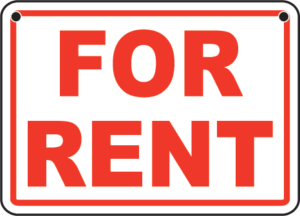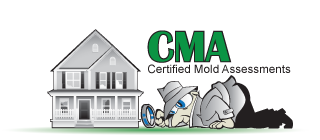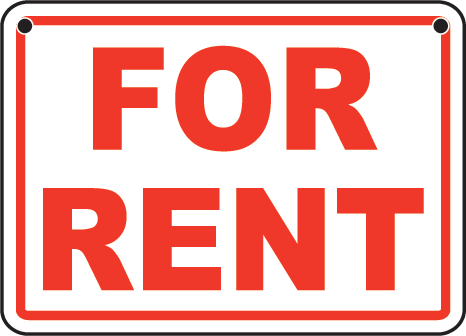 When it comes to your home, there are certain advantages to renting instead of owning. You don’t have to mow the lawn or worry about general maintenance issues. If something goes wrong, you simply dial a number and wait for the superintendent to show up. And when you decide to move, all you have to do is give your notice and pack your stuff.
When it comes to your home, there are certain advantages to renting instead of owning. You don’t have to mow the lawn or worry about general maintenance issues. If something goes wrong, you simply dial a number and wait for the superintendent to show up. And when you decide to move, all you have to do is give your notice and pack your stuff.
What about mold infestations? A growing number of Americans realize that residential mold is a threat to their health and wellbeing. Public health inspectors have closed schools and places of business as a result of mold problems. State and municipal laws demand that past mold infestations be disclosed to potential home buyers. Given these facts, you’d think that renters would be well protected from mold problems in their rented dwellings.
Unfortunately, you’d be wrong. Some states (such as New Jersey) do have laws in place that protect renters from residential mold, but many other states have yet to enact such laws. If you’re concerned about the ill-effects of mold exposure in your rented home, here are a few things you can do.
Know your local and state laws
There aren’t any robust federal laws in place that will project you from mold in your rented dwelling; it’s better to focus your attention on local and state laws. Some cities (New York City is one example) have municipal laws that require landlords to do something about mold problems. There are also state laws in place (New Jersey, California and Texas are three examples). The truth is, your level of protection will vary significantly depending on where you live.
If you live in a city or state with no applicable laws, you’re not out of luck. There are still “general” laws requiring landlords to keep their properties habitable and safe. These laws can potentially be evoked, but it’s a gray area. In some states, the landlord will be held responsible for the cost of professional mold inspection and remediation. Other states and cities might differentiate between mold that was caused by a negligent tenant (that’s you) and mold that was caused by a negligent landlord.
Know the terms of your lease
Your current lease agreement isn’t just about you and your responsibility for damages to the property. It’s also about your landlord and his/her obligation to keep the property in good working order. Re-read your lease agreement and familiarize yourself with any specific wording that may protect you against mold infestations, keeping in mind that all major government health organizations agree that mold is hazardous to health.
Make your concerns known
You might be surprised at how your landlord will respond if you simply make your concerns known. Most landlords don’t want a long, drawn-out dispute—especially when the health of tenants is at stake. Ask for a professional mold inspection. If your request is refused, you can always….
Seek professional help on your own
The longer mold is left alone, the worse it gets. What starts out as a minor problem quickly escalates into a full-blown invasion, and suddenly your health is at risk. Some tenants choose not to wait for the landlord to take action. Professional mold inspections are surprisingly affordable and highly accurate. When you have a professional assessment that shows the presence of toxic mold, it’s going to be very difficult for your landlord to ignore the problem any longer.
If you do seek professional help on your own, be sure to notify your landlord that you intend to pay for a mold inspection in your unit. Such an action may or may not be legally sanctioned, depending on the terms of your lease.
The future of apartment mold?
There may come a time when renters are universally protected against mold invasions. Until that time, it pays to know your rights and take whatever action you can to protect your family from unhealthy mold spores. Good luck!

